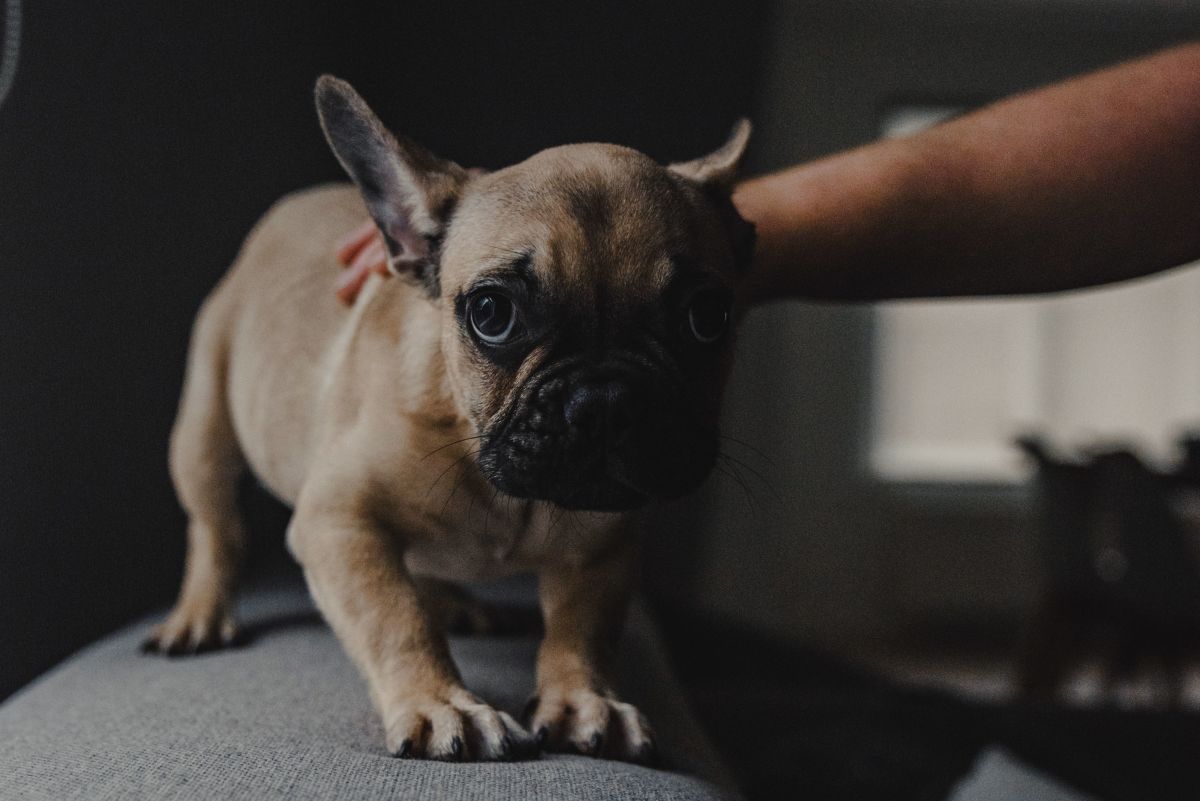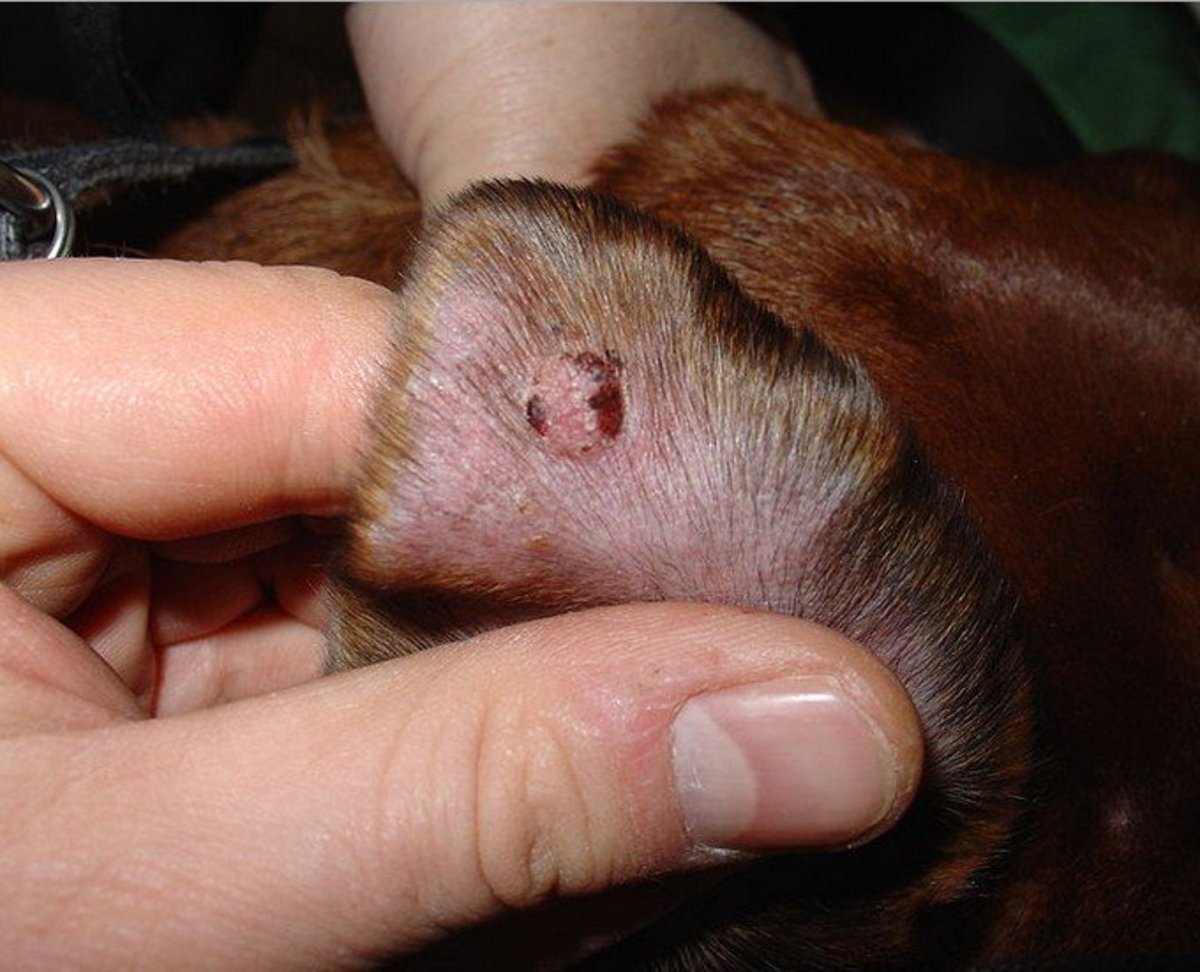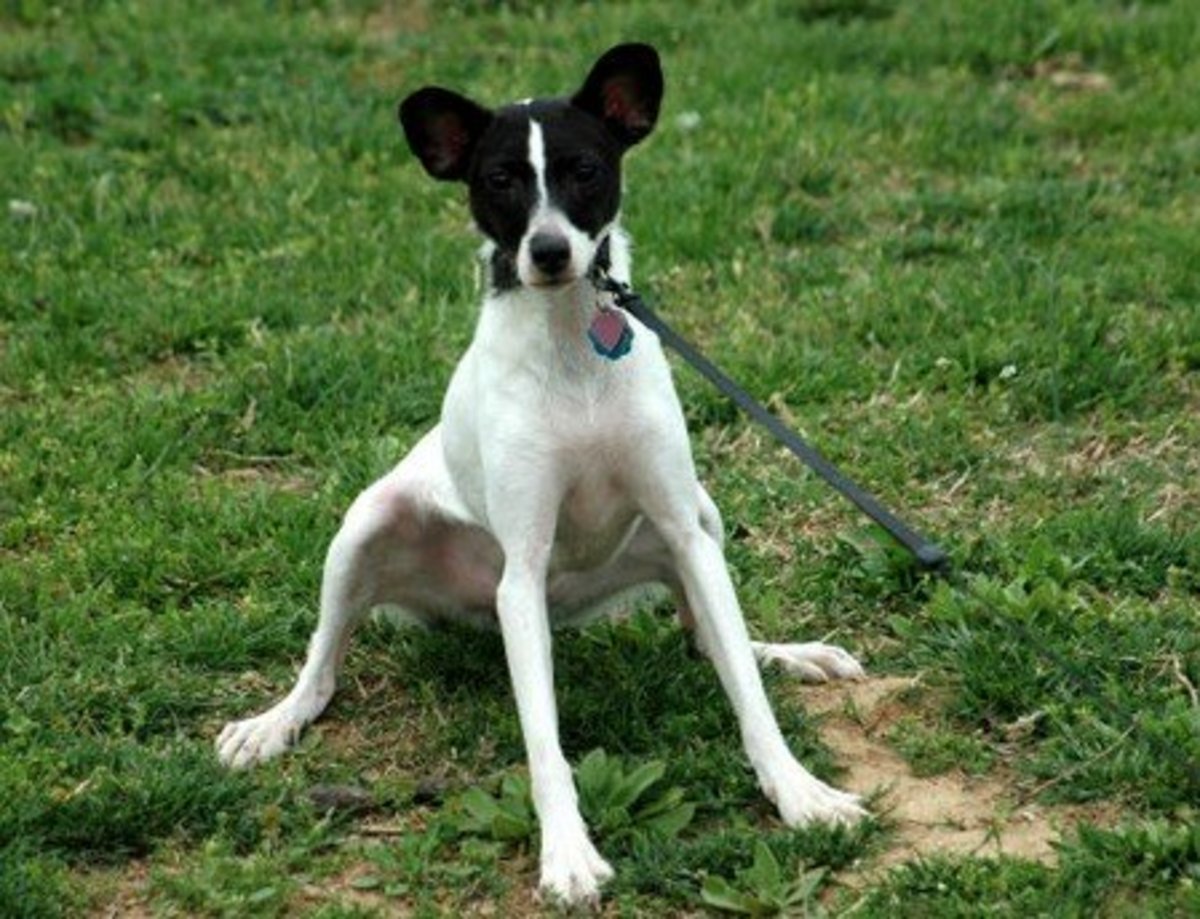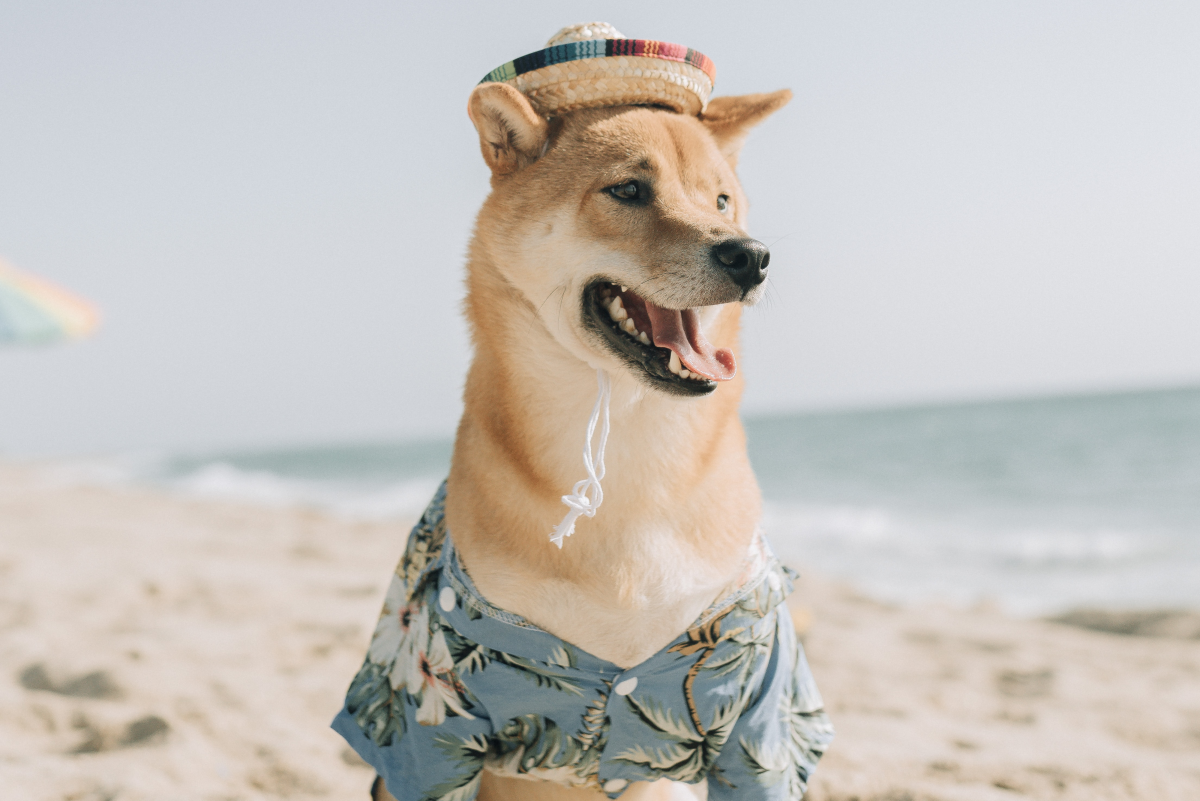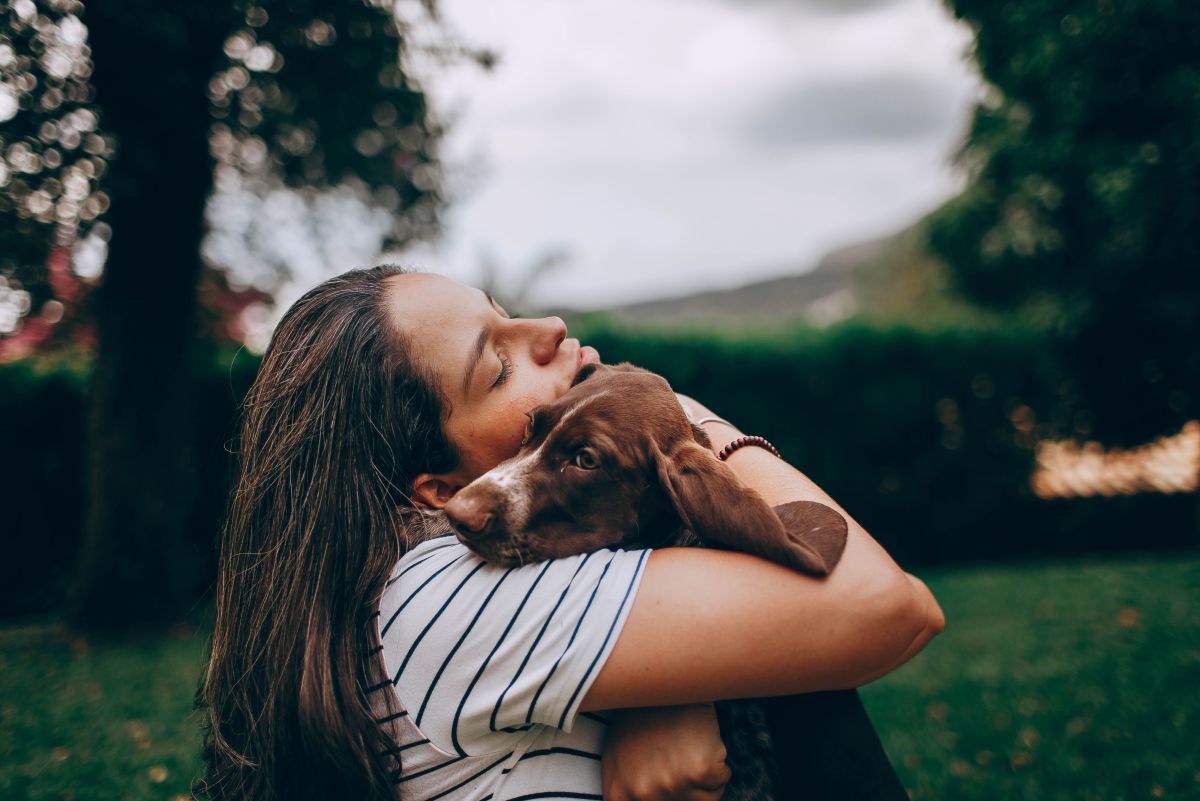- HubPages»
- Pets and Animals»
- Dogs & Dog Breeds»
- Dog Behavior
How to Help a Dog that is Afraid of the Vet
Please just don't take me there!
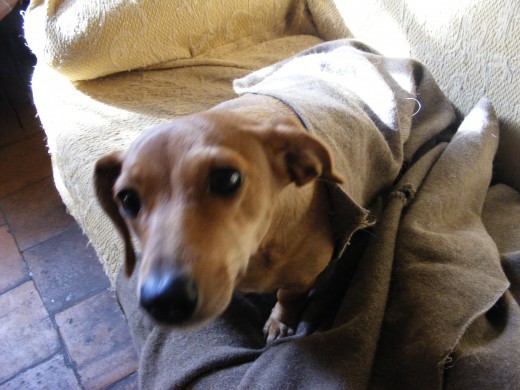
It is unfortunate that dogs do not comprehend the fact that your veterinarian is there to help. More often than not, a pet will be anxious, fearful and often times even uncollaborative, causing a brief visit to turn into a major hassle. Cats, in particular, tend to suffer double the stress because they are territorial creatures that do not do very well in unfamiliar places. Dogs, instead may simply not like the ''atmosphere'' surrounding veterinarian clinics. However, the good news is that there are various things an owner can do to transform a stressful event into a much manageable one. Following are some tips on how to help a dog that is afraid of the veterinarian.
-Start Early
It can never be emphasized enough the importance of getting a pet accustomed to the vet from an early age. Puppies at a tender age are like ''sponges'' that absorb a lot from their environment extracting conclusions that can be categorized as good or bad. These early experiences will shape all their future experiences. Therefore, a veterinarian visit that turns pretty scary will continue to appear so in the future. The solution is to get the puppy accustomed to the vet clinic and turning vet visits into something not to fear. All it often takes is something simple such as giving the pet a treat after the shots, using a veterinarian that is gentle and fond of animals and ensuring that the whole visit is pleasant.
-Car Trips are Fun
If you take your pet in the car only when he has to go to the vet, the car will always be associated with something negative. Some dogs are more terrified about the car trip than the vet visit itself. It is important therefore to get the dog used to car from a tender age and continue exposing him to the car on a regular basis. Of course, in order to be positive a car trip needs to end somewhere pleasant. Try to take your dog with you in the car to the park, your friend's house or to a hiking trail.
-Play Doctor
Get your dog used to receiving physical exams. Puppies should be used to being touched routinely all over from a tender age. This makes it easier for them once they see the veterinarian. Get your dog used to have his mouth checked, legs, paws, stomach, ears and so forth. This may be also a helpful bonding experience if you turn this into something pleasant. Let your dog believe that that his feet, ears and eyes belong to you and that when acting collaborative, great things follow such as treats, praise or a nice belly rub.
-Exhaust Your Pet
This means walk your dog before taking him to the vet, play a session of Frisbee, get your dog panting and tired, that's what you want. A tired dog is a good dog, and very likely much more collaborative once at the vet.
-Stay Calm
Very likely, as an owner, you tend to get stressed too when taking your dog to the vet. Try to check every now and then on how you are feeling. Try to stay relaxed as much as you can, pets are able to sense your fear and stress. Dogs in particular, tend to ''sense'' fear clearly at the vet's office. All it takes for them is to sniff the air. The anal glands of fearful dogs at the vet tend to open causing a typical smell of which dogs are very aware. When your dog acknowledges that smell and perceives your fear on top of that, they realize that indeed the place ia a very fearful place to be!
-Do not Reassure
It happens often. You see a terrorized dog at the vet trembling in fear with the tail between his legs and then there is an owner reassuring him in a sweet voice and petting him to provide reassurance. Trouble is that in the dog's mind the owner is not really reassuring but just confirming that he is correct in being fearful. It's like if the owner is saying ''Good boy, you are so right for being fearful in this situation, it is very frightening indeed.''. it is best therefore not to cuddle a dog in a fearful mind. Wait instead to pet and praise when your dog is exhibiting signs of confidence. If he gets his shots with no fuss and appearing calm, then he gets that tasty treat and lots of praise for exhibiting a stable, confident state of mind.
-Do not Panic
Every year dogs get bit from poisonous snakes. When this happens, the dog should stay calm because the more fearful and anxious he is, the more blood will be pumped causing the poison to spread much more rapidly. It is unfortunate that many owners start to panic when such an emergency arises. This state of panic is recognized by the dog which follows the energy flow becoming panicky himself. Should an emergency arise, therefore, owners should try their best in keeping calm. Doing so may often up considerably the chances of survival, because vital energy is saved for the body to fight rather than for the body to fear.
As seen, there is a lot as an owner you can do to help your fearful vet-phobic dog. Perhaps in the long run, if your work hard enough on getting your pet to associate the vet with good things, your dog will begin to realize that veterinary visits are after all, for their own good, especially when the treats and belly rubs follow!

